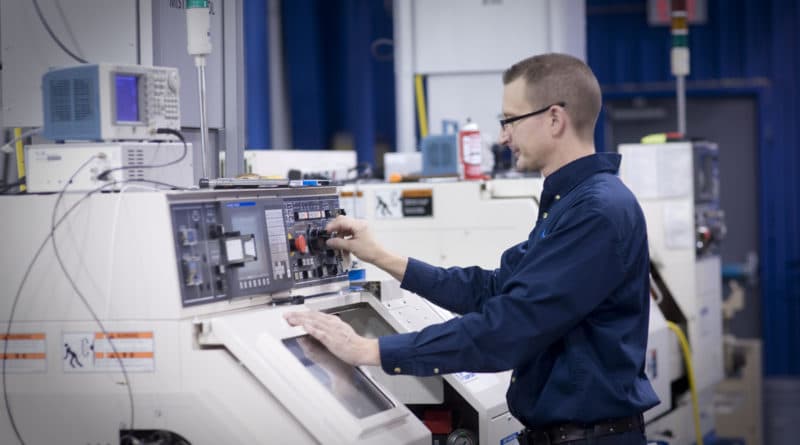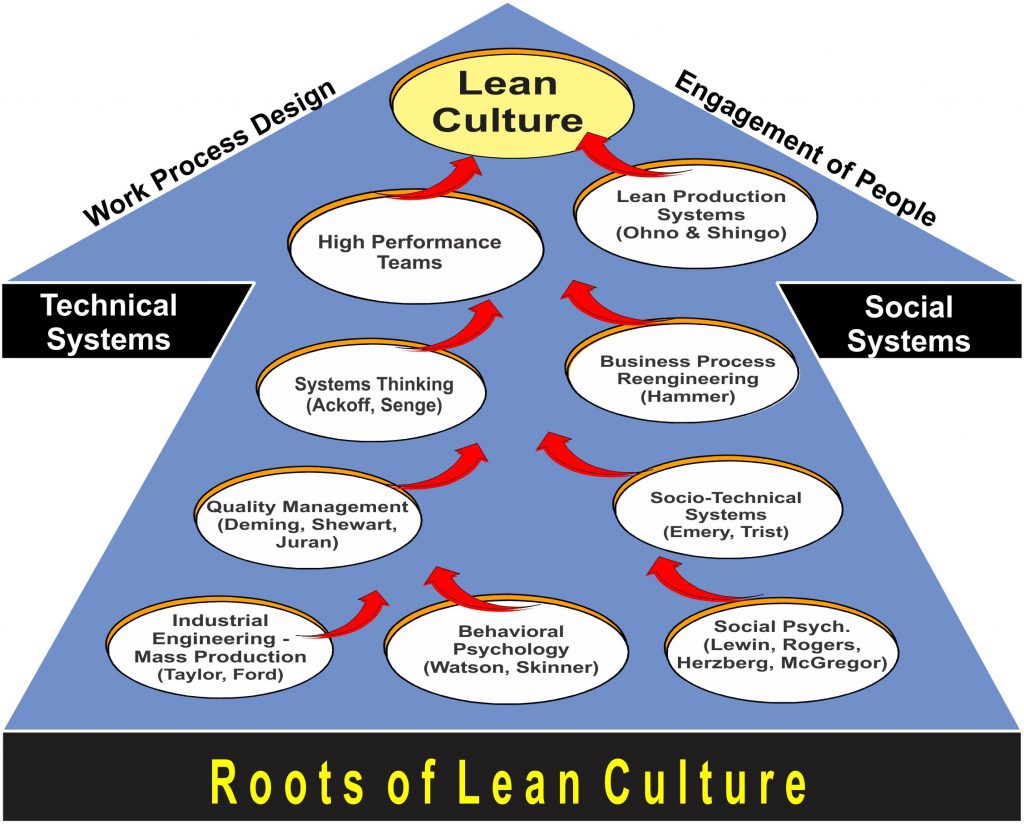
The city of Louisville, Kentucky is a thriving business and manufacturing community. It is home of many famous brands, with a population of approximately 770 557. KFC (Making of Mark) and Louisville Slugger (Lowering Slugger) are just some of them. In fact, Louisville is one of the leading cities in the United States when it comes to moving products.
Companies in Louisville, KY hire logistics professionals to manage a variety of tasks to keep them competitive in their industry. They are responsible in ensuring that products get delivered on time. This job requires strong business knowledge and dedication to quality.
You can find a variety jobs in logistics from entry-level positions to executives. Monster offers a wide range of job postings for those who are interested in this industry. They can apply for the job once they have found the perfect position that suits them. They can create a profile to receive job alerts and expert guidance.

The Logistics and Distribution Institute, a multidisciplinary institution, is dedicated to improving delivery efficiency. They are involved in research and training to help improve the efficiency of shipping.
A&R Global Logistics is a logistics company that arranges bulk shipments of dry plastic pallets for chemical companies. They own a fleet consisting of 800 trucks, and they have 10 U.S. warehouses. They provide ground transportation and reverse logistics services, as well domestic and international air freight forwarding.
SEKO is an international third-party logistic provider that provides a complete range supply chain services. These services include contract logistics, international and domestic air freight forwarding, asset management and contract logistics. They also offer customs brokerage, DC bypass shipping and reverse logistics. They currently have over 40 offices around the globe.
Palisades logistics, which provides storage, warehouse and fulfillment services, is another top third-party logistic firm. They are easily located and have a professional manager. They are well-known for their outstanding customer service and prompt delivery.

Worldport, one of the biggest companies in the logistic industry, has a $2.5 billion annual payroll. Additionally, 62,000 jobs are available in the indirect and direct sectors.
You can expect to make $41,522 annually for entry-level logistics jobs in Louisville, KY. But, the salary you earn will depend on the skills and experiences you bring to the table. An example of this is an Account Manager who will need experience with carrier negotiation and freight sales. A Supply Chain Coordinator on the other side will oversee logistics to ensure inventory is properly stored and shipped.
Monster has many job listings that can help you search for a career within the logistics industry. You can also look into a number of internships to bridge the gap between school and the workforce. Internships give you the opportunity to see a real work environment before you decide if you want to stay in this field.
FAQ
What are the products and services of logistics?
Logistics involves the transportation of goods from point A and point B.
They cover all aspects of transportation, such as packing, loading, transporting and unloading.
Logisticians ensure the product reaches its destination in the most efficient manner. They help companies manage their supply chain efficiency by providing information on demand forecasts, stock levels, production schedules, and availability of raw materials.
They monitor shipments in transit, ensure quality standards, manage inventories, replenish orders, coordinate with suppliers and other vendors, and offer support services for sales, marketing, and customer service.
What makes a production planner different from a project manger?
The primary difference between a producer planner and a manager of a project is that the manager usually plans and organizes the whole project, while a production planner is only involved in the planning stage.
How can I find out more about manufacturing?
Experience is the best way for you to learn about manufacturing. You can also read educational videos or take classes if this isn't possible.
How important is automation in manufacturing?
Automation is essential for both manufacturers and service providers. Automation allows them to deliver services quicker and more efficiently. They can also reduce their costs by reducing human error and improving productivity.
What skills are required to be a production manager?
Being a production planner is not easy. You need to be organized and flexible. Effective communication with clients and colleagues is essential.
Statistics
- In the United States, for example, manufacturing makes up 15% of the economic output. (twi-global.com)
- According to a Statista study, U.S. businesses spent $1.63 trillion on logistics in 2019, moving goods from origin to end user through various supply chain network segments. (netsuite.com)
- It's estimated that 10.8% of the U.S. GDP in 2020 was contributed to manufacturing. (investopedia.com)
- [54][55] These are the top 50 countries by the total value of manufacturing output in US dollars for its noted year according to World Bank.[56] (en.wikipedia.org)
- (2:04) MTO is a production technique wherein products are customized according to customer specifications, and production only starts after an order is received. (oracle.com)
External Links
How To
How to Use Just-In-Time Production
Just-intime (JIT), a method used to lower costs and improve efficiency in business processes, is called just-in-time. It is a process where you get the right amount of resources at the right moment when they are needed. This means that your only pay for the resources you actually use. Frederick Taylor was the first to coin this term. He developed it while working as a foreman during the early 1900s. After observing how workers were paid overtime for late work, he realized that overtime was a common practice. He concluded that if workers were given enough time before they start work, productivity would increase.
JIT is a way to plan ahead and make sure you don't waste any money. Look at your entire project, from start to end. Make sure you have enough resources in place to deal with any unexpected problems. You will have the resources and people to solve any problems you anticipate. This way, you won't end up paying extra money for things that weren't really necessary.
There are many JIT methods.
-
Demand-driven JIT: This is a JIT that allows you to regularly order the parts/materials necessary for your project. This will enable you to keep track of how much material is left after you use it. This will allow you to calculate how long it will take to make more.
-
Inventory-based: You stock materials in advance to make your projects easier. This allows you to forecast how much you will sell.
-
Project-driven: This means that you have enough money to pay for your project. Knowing how much money you have available will help you purchase the correct amount of materials.
-
Resource-based JIT: This is the most popular form of JIT. You assign certain resources based off demand. You might assign more people to help with orders if there are many. You'll have fewer orders if you have fewer.
-
Cost-based : This is similar in concept to resource-based. But here, you aren't concerned about how many people your company has but how much each individual costs.
-
Price-based: This is a variant of cost-based. However, instead of focusing on the individual workers' costs, this looks at the total price of the company.
-
Material-based: This is quite similar to cost-based, but instead of looking at the total cost of the company, you're concerned with how much raw materials you spend on average.
-
Time-based JIT: A variation on resource-based JIT. Instead of focusing solely on the amount each employee costs, focus on how long it takes for the project to be completed.
-
Quality-based: This is yet another variation of resource-based JIT. Instead of thinking about the cost of each employee or the time it takes to produce something, you focus on how good your product quality.
-
Value-based JIT: This is the latest form of JIT. This is where you don't care about how the products perform or whether they meet customers' expectations. Instead, you are focused on adding value to the marketplace.
-
Stock-based. This method is inventory-based and focuses only on the actual production at any given point. It's useful when you want maximum production and minimal inventory.
-
Just-intime (JIT), planning is a combination JIT management and supply chain management. It is the process of scheduling components' delivery as soon as they have been ordered. It's important because it reduces lead times and increases throughput.